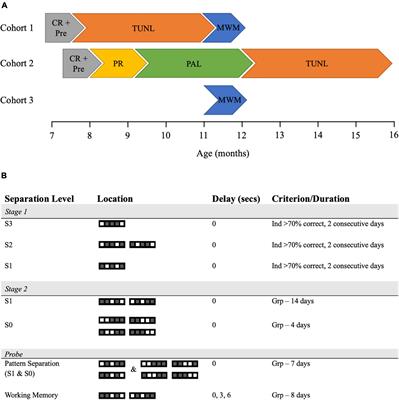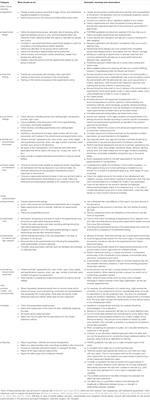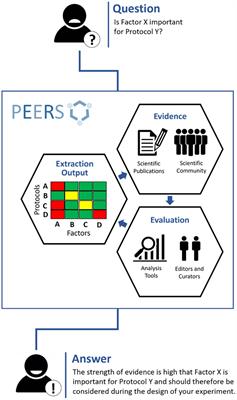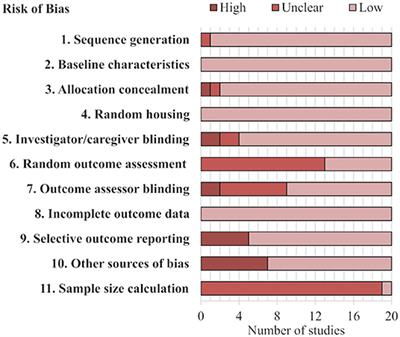EDITORIAL
Published on 26 Apr 2022
Editorial: Looking at the Complete Picture: Tackling Broader Factors Important for Advancing the Validity of Preclinical Models in Disease
doi 10.3389/fnbeh.2022.905327
- 747 views
7,539
Total downloads
33k
Total views and downloads
EDITORIAL
Published on 26 Apr 2022
ORIGINAL RESEARCH
Published on 06 Dec 2021

OPINION
Published on 30 Nov 2021

METHODS
Published on 21 Oct 2021

SYSTEMATIC REVIEW
Published on 14 May 2021

SYSTEMATIC REVIEW
Published on 20 Jan 2021
